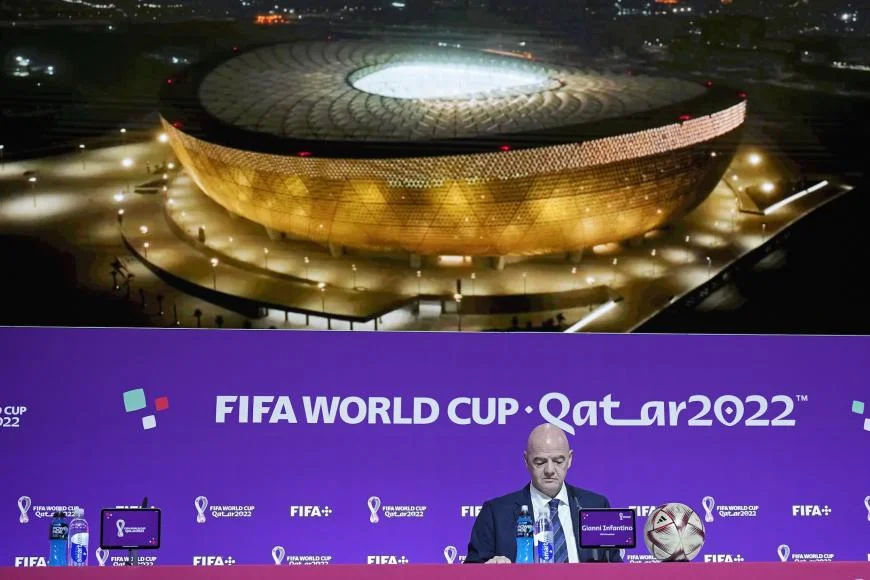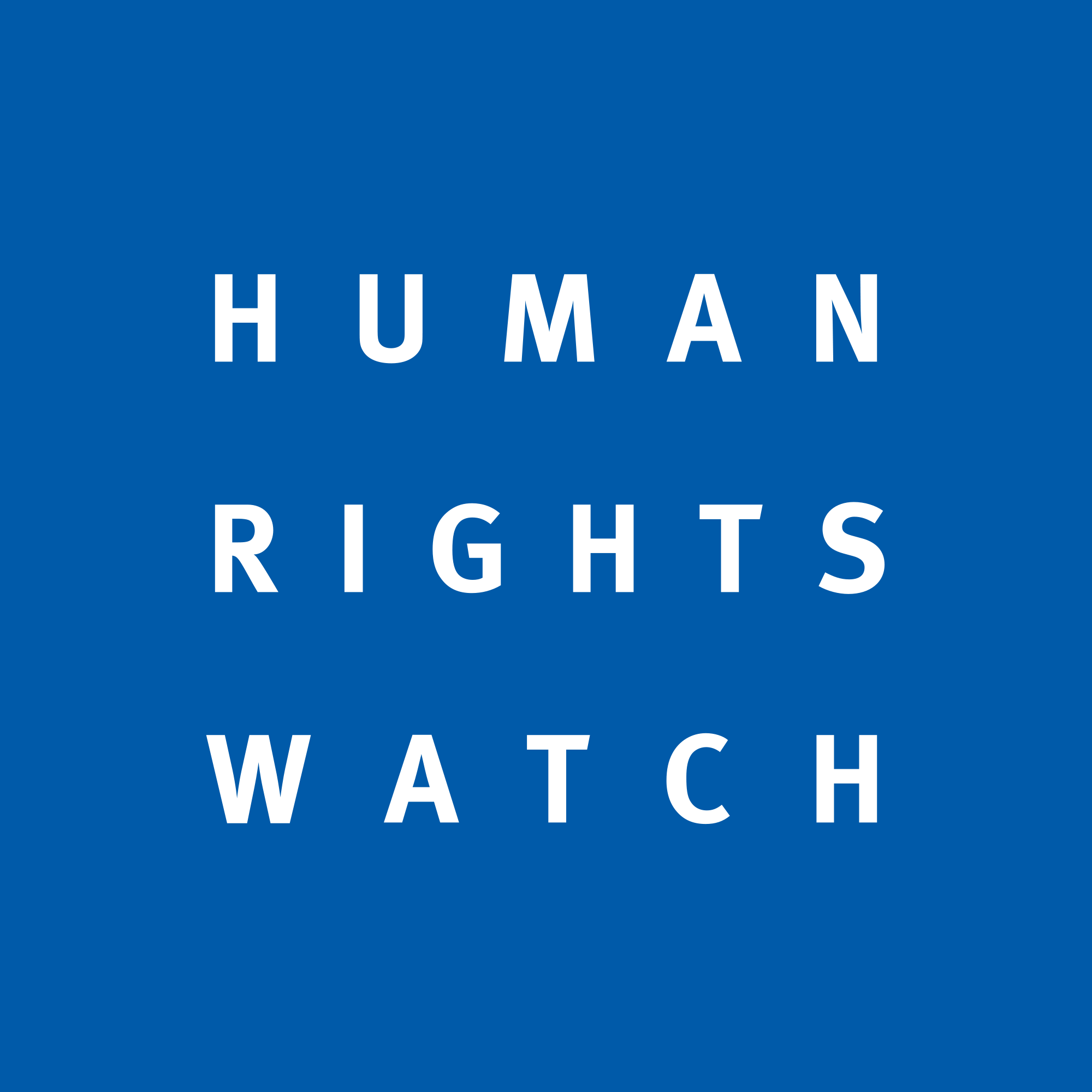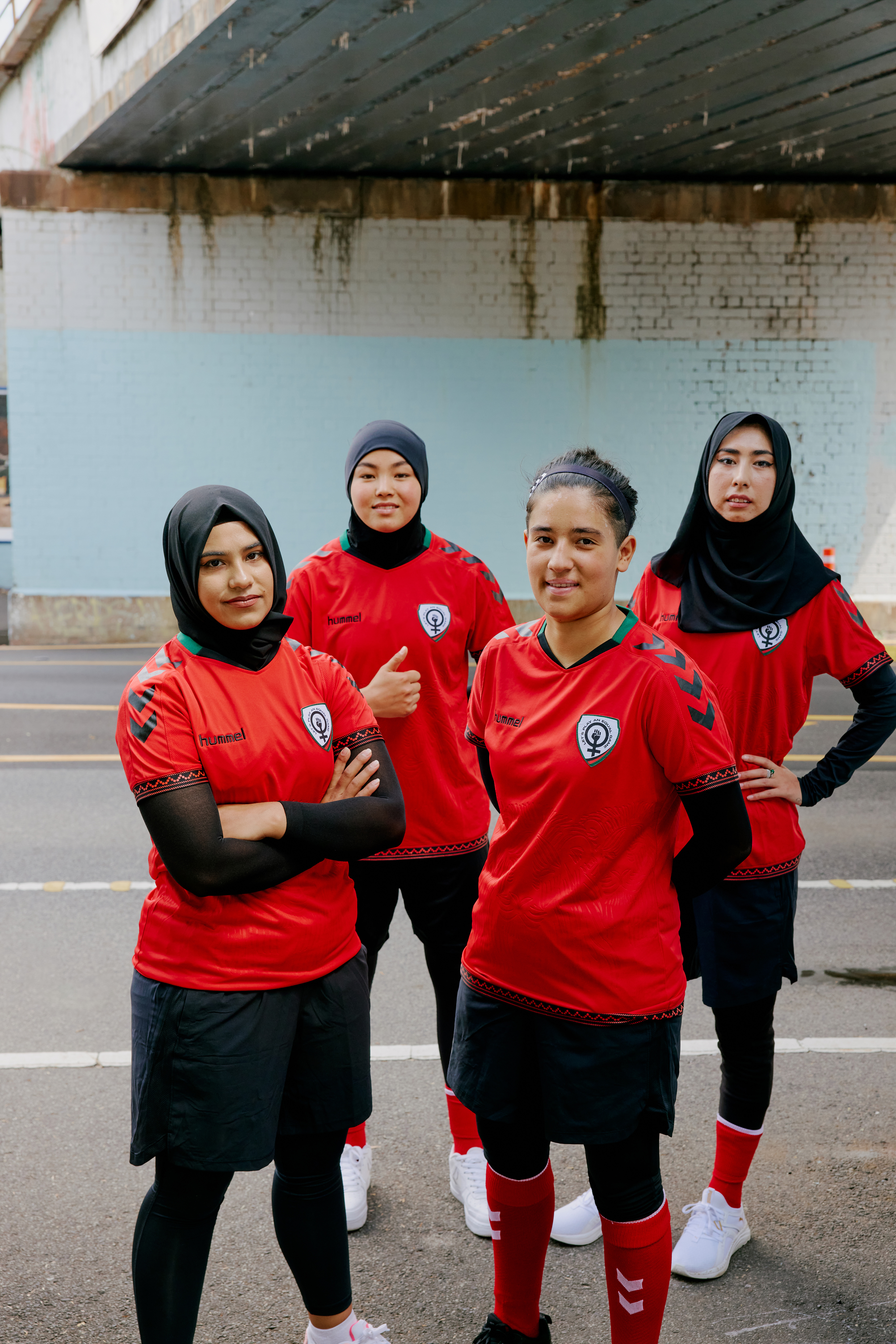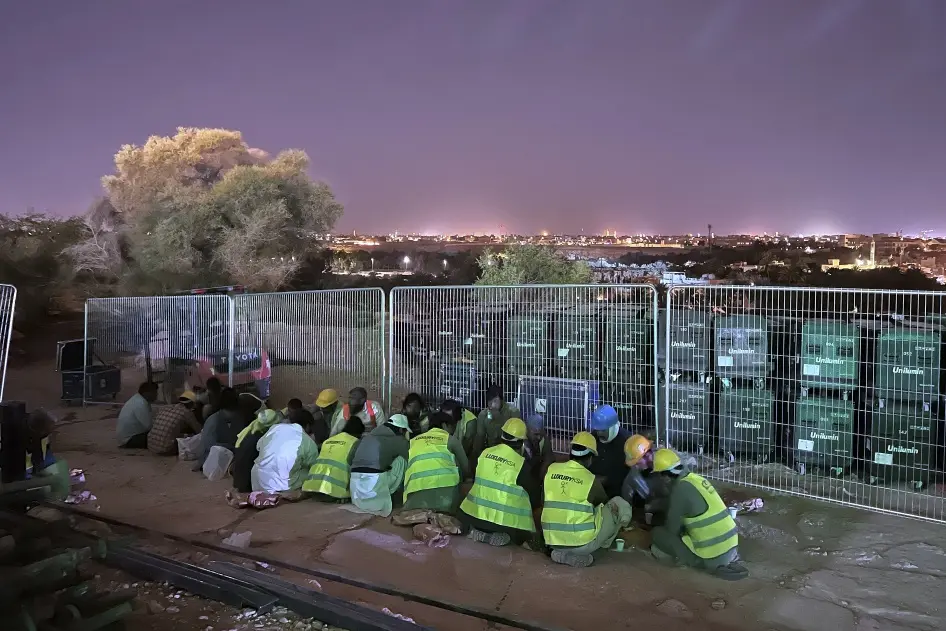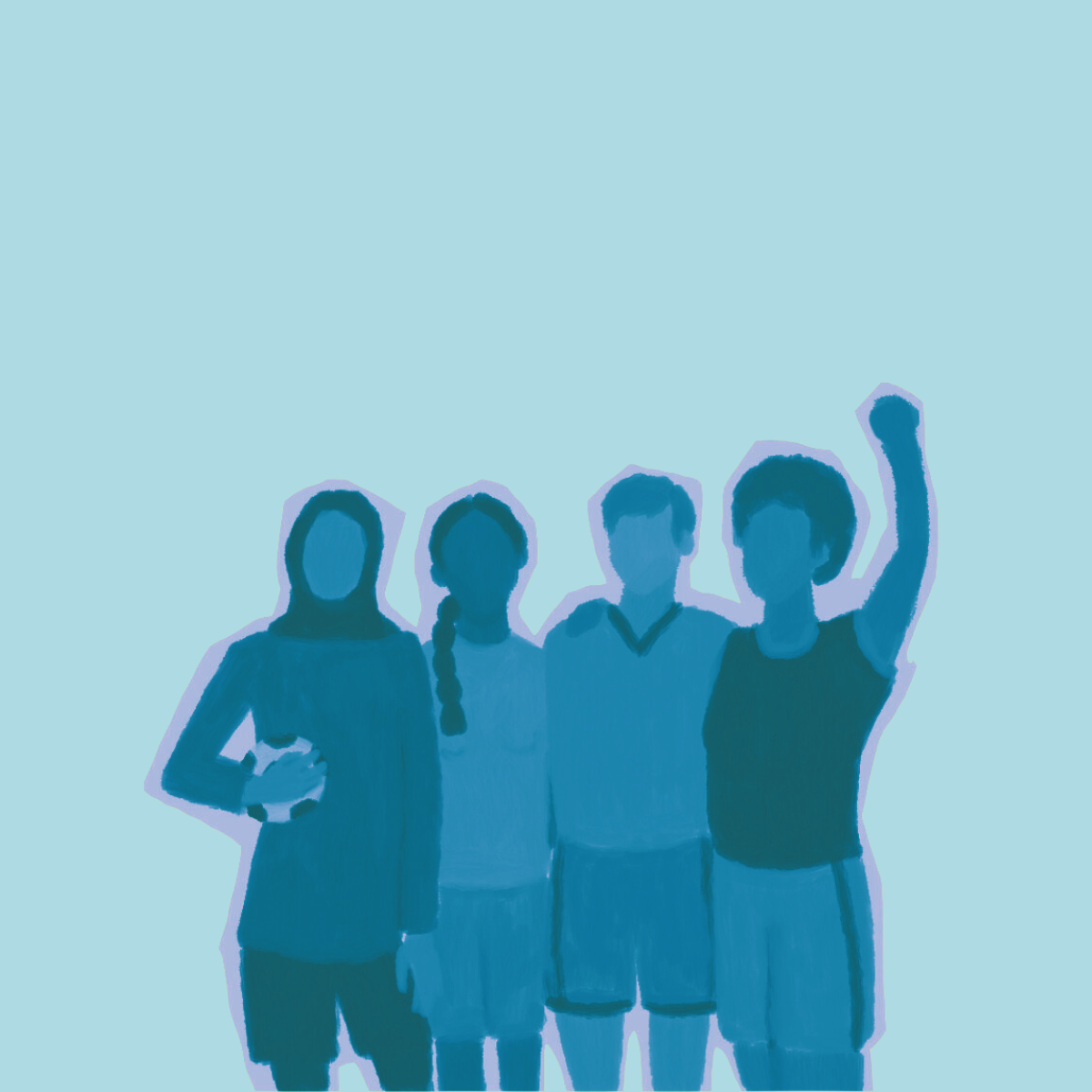World Football’s Chief Claims to Defend Rights, But Still Offers No Remedy
In his last news conference before the 2022 World Cup finale, FIFA president Gianni Infantino declared that the football governing body is set to earn US$7.5 billion in revenue. FIFA then failed to commit to compensate migrant workers who built $220 billion in stadiums and tournament infrastructure in harsh and at times deadly conditions – even when Infantino was asked if FIFA would “share their wealth.”
Nor was there any indication that FIFA’s Legacy Fund – traditionally set up by FIFA post-tournament – would be used to compensate migrant workers who have been injured or the families of those who had died.
Instead, Infantino defended Qatar’s tournament as “the best World Cup ever,” claiming without basis that “We [FIFA] are defending human rights.”
FIFA has a human rights policy with clear rules protecting human rights. But far too often, FIFA sided with its wealthy partner Qatar against the most vulnerable.
Instead of creating an inclusive space and defending LGBT rights for Qataris, players, and fans, FIFA told teams they would be sanctioned for wearing “One Love” armbands. Security agents also harassed fans and journalists for sporting rainbow flags and abused Iranian fans wearing #WomanLifeFreedom shirts.
Even the labor reforms Qatar did make came too late, were too narrow in scope, or were too weakly implemented to benefit many workers. At the World Cup opening, Infantino’s comment that he “feels [like] a migrant worker” ignored his immense power over such workers. He earns more than $3 million in annual salary, nearly one thousand times the minimum wage that the majority of migrant workers earn, which comes to $3,300 year – assuming they actually get paid.
Speaking ahead of the tournament close, Infantino said “every loss of life is a tragedy” and that FIFA did “whatever we could” to protect the workers’ health. Yet, Qatari authorities failed to investigate the causes behind thousands of migrant workers deaths since 2010, which were regularly attributed to “natural causes” or “cardiac arrest.”
This left many families of migrant workers ineligible for compensation under Qatari labor law. Migrant workers even died from falls while working during the tournament – unprecedented in World Cup history.
This World Cup in Qatar will indeed be remembered, for all the wrong reasons: as the most expensive sporting event ever – and the most deadly.
